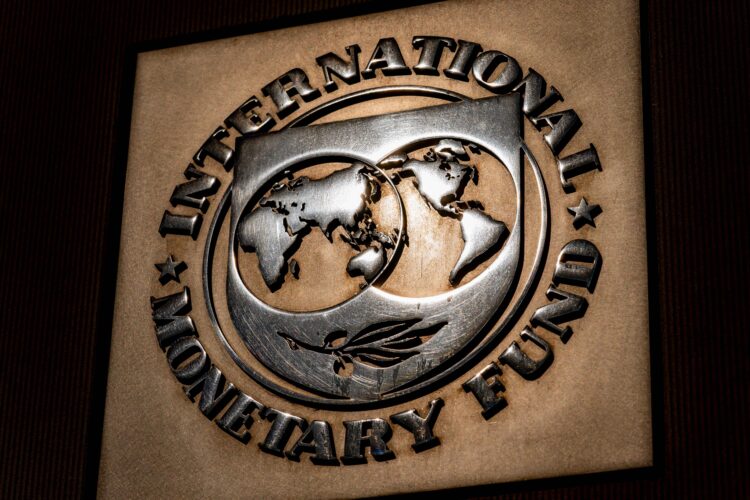Philipp Hildebrand, vice chairman of wealth management firm BlackRock, said the International Monetary Fund (IMF) should center its upcoming conference on the “new economic reality” that central banks will not be able to lower interest rates, even if it means allowing the market to suffer.
“We are going to be in a much more sticky inflation environment and rates will not be able to come down to respond to weakness,” he told Bloomberg. “That should be the framing of the IMF and I hope they start to pay attention to these new structural conditions.”
Central bankers will have to keep interest rates elevated even as global growth slows, according to BlackRock Vice Chairman Philipp Hildebrand https://t.co/MzMZ5WyQFY
— Bloomberg Markets (@markets) October 9, 2023
The conference he is referencing is the annual meeting of the IMF to be held in Marrakech, Morocco this week, alongside an annual meeting of the World Bank. The U.S. Secretary of the Treasury Janet Yellen will be attending and is expected to meet with senior Chinese officials and discuss new sanction efforts on Russian oil.
Yellen will primarily be advocating for her “reform agenda,” which involves pledging more money to the World Bank and international aid efforts to deal with climate change. She will be urging other countries to do the same.
Learn the benefits of becoming a Valuetainment Member and subscribe today!
Hildebrand also noted that global supply shortages and a fragmented geopolitical order will take its toll on central bank decision-making. He said the direct conflict that broke out between Israel and Palestine over the weekend is “a manifestation of one of the longer-term forces on the supply side.”
He made reference to the rise in oil prices and positive fluctuations in currencies like the dollar and the yen earlier today. “The risk premium around geopolitics is much higher than it has been in previous decades,” he said, saying the new conflict is “yet another example of why we are likely to enter a much lower growth era.”
According to Bloomberg’s analysis, the market has already adjusted its expectations to higher rates for longer than expected, leading 30-year Treasury bonds to reach higher than 5 percent last week.
But Hildebrand’s words are highly significant, as it implies a total overhaul of the status quo. Not allowing politicians and government officials to make changes to their monetary systems for the benefit of their corporations means market dynamics not seen for decades will make a reappearance. Taken to its conclusion, this logic would allow for giant entities like banks and automakers to fall, and even permit economic depressions.


















Add comment